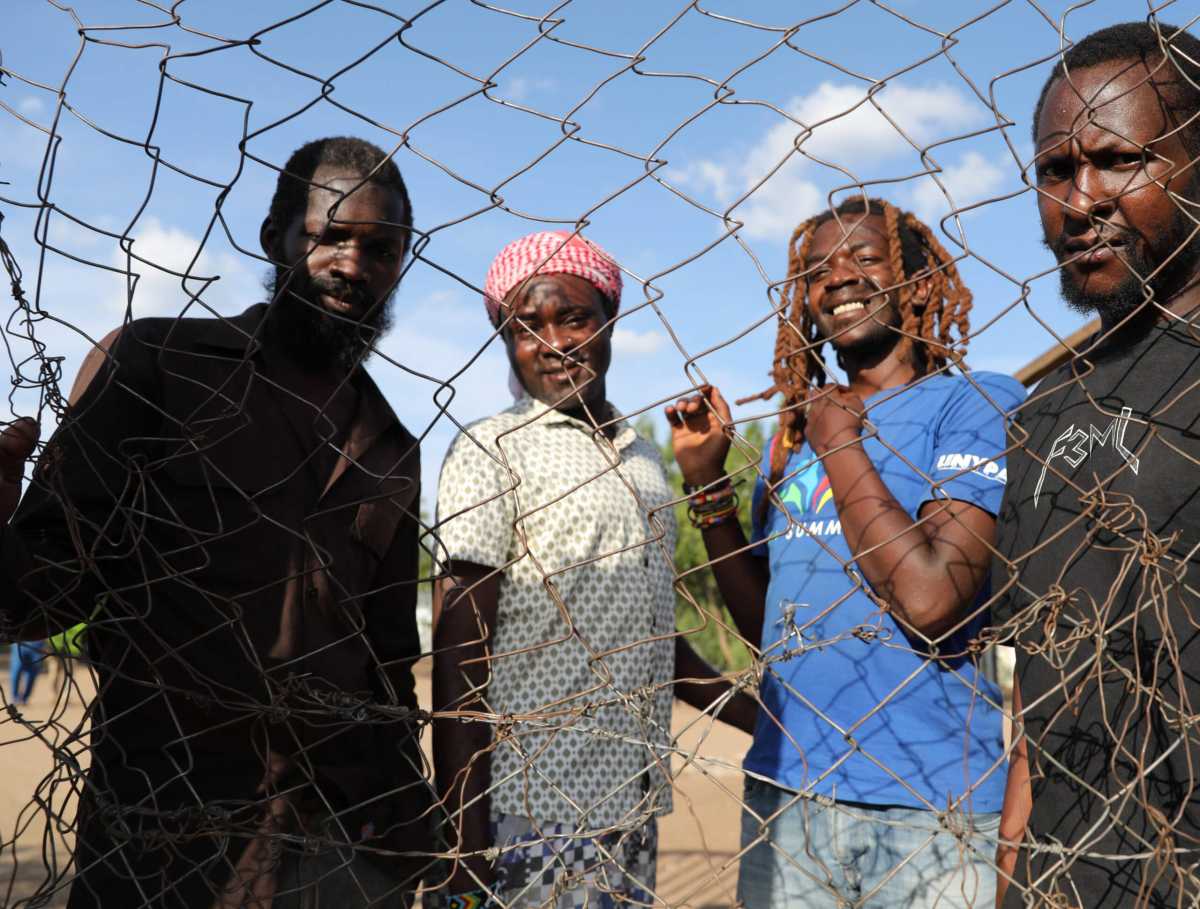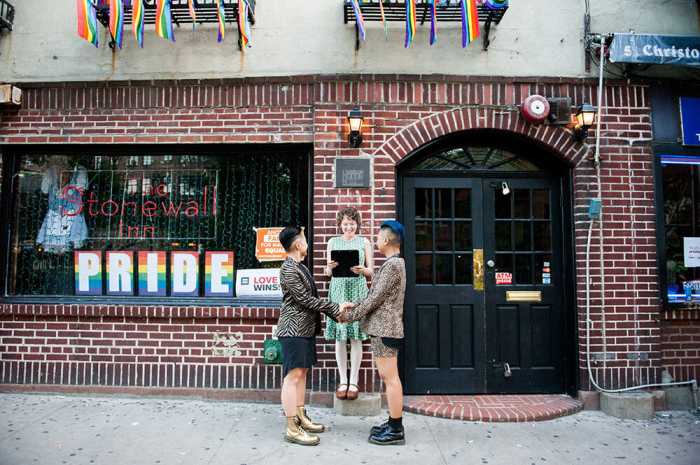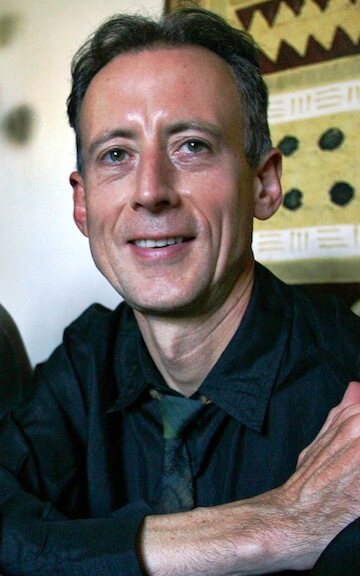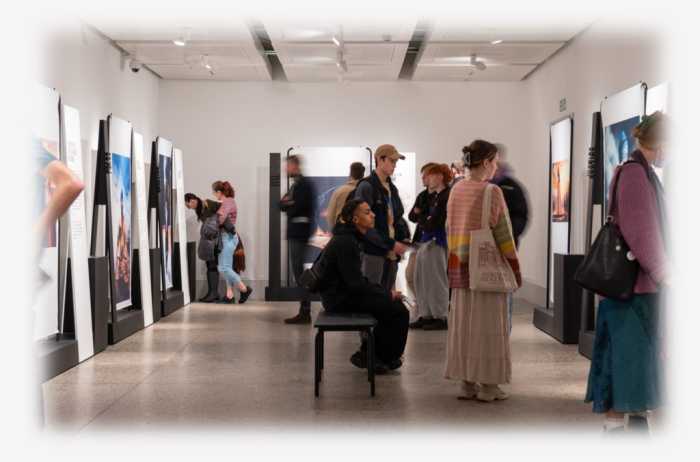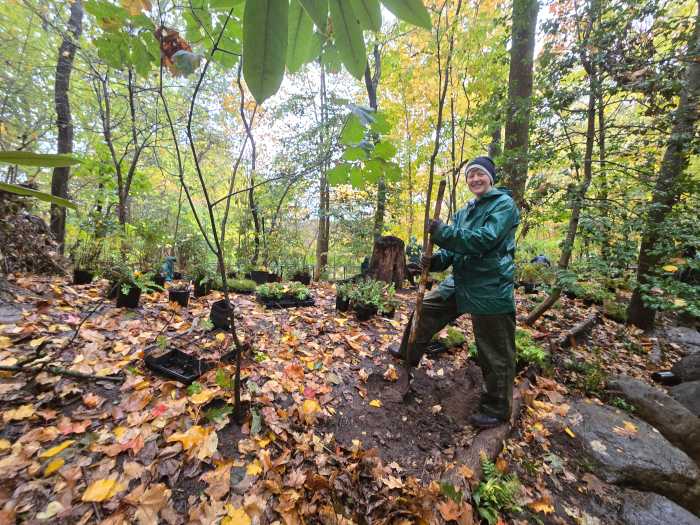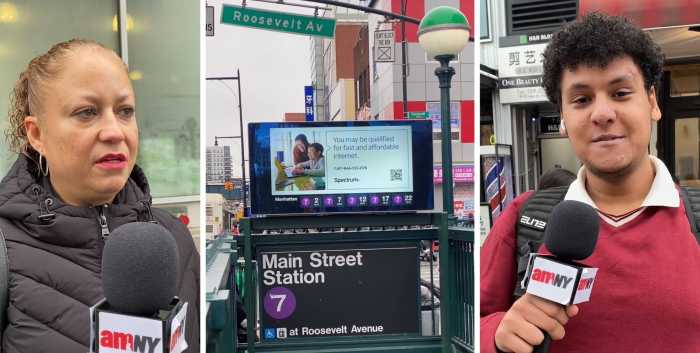LGBTQ refugees at the Kakuma Refugee Camp in Kenya are facing unprecedented levels of anti-LGBTQ violence and stigma, according to a new report released on October 20 by the international LGBTQ advocacy group Rainbow Railroad and Organization for Refuge, Asylum, and Migration (ORAM).
According to the report, there are approximately 350 LGBTQ and intersex asylum seekers in the Kakuma Refugee Camp and the Kalobeyei Integrated Settlement. The UNHCR, or the UN Refugee Agency, oversees the Kakuma Refugee Camp, which includes more than 100,000 refugees from South Sudan, Sudan, Somalia, the Democratic Republic of Congo, Burundi, Ethiopia, and Uganda.
Findings from the report, which was compiled in May of this year, show that of the 58 queer respondents surveyed from the Kakuma Refugee Camp and the Kalobeyei Integrated Settlement, 90 percent have faced “verbal insults” or other hateful rhetoric. Eighty-three percent have been denied services at a store, 55 percent have been banned from participating in religious services, and 88 percent of respondents said the police refused to help them due to their LGBTQ status.
One 26-year-old transgender individual at the camp reported sexual abuse from a group of four men living on their block. The person was forced to have sex with a woman and got “lectured… on the need to get married and have children of my own.”
“They left me traumatized,” the person said, according to the report. “Two days later they asked the lady to come and stay with me as my wife. That is when I escaped from the block and moved to live with a friend in an area far from my allocated shelter. I did not report the incident since I was afraid the police would equally stigmatize me for who I am.”
The violence has prompted demands for more resources to help expedite refugee cases and secure additional healthcare, safety, and employment protections.
“This much-needed report underscores the challenges, dangers, and complexities of life that LGBTQI+ refugees and asylum seekers face in Kakuma Refugee Camp,” Steve Roth, executive director of ORAM, said in a written statement. “The refugees themselves have spoken, and they want to be heard. UNHCR, governments, and civil society organizations must work together to ensure the immediate safety and well-being of this community while also addressing the longer-term, durable solutions we recommend in the report.”
Kimahli Powell, executive director of Rainbow Railroad, said the report shows it is time to create sustained support for LGBTQ individuals who have fled their home countries.
“We cannot allow refugee camps to become permanent solutions to crises of forced displacement,” Powell said in a press release. “The findings of this report confirm a key goal of Rainbow Railroad – to fast track resettlement of LGBTQI+ refugees. Rainbow Railroad and civil society partners are ready to provide support to LGBTQI+ persons at risk and assist in further resettlement.”
Powell added, “Ultimately, we need the UNHCR, the government of Kenya, and governments of countries that are destinations for refugees to step up [and] ensure that LGBTQI+ asylum seekers in the camp are resettled in safer countries.”
Earlier this year, two gay men were burned in an alleged arson attack on Block 13, which is a known hub for LGBTQ individuals in the Kakuma Refugee Camp. According to the report, 41 percent of respondents who live on Block 13 said that “relocation to a safer place is a priority.”
“They proposed moving their shelters to an exclusive area either within or outside the camp,” the report states. “They felt this would ease the provision of services to LGBTQI+ asylum seekers and allow them to engage in various economic or personal development activities without the fear of attacks that they currently experience.”
In wrapping up the report, advocates urged for the UNHCR’s Refugees Affairs Secretariat, which manages all refugees and asylum seekers, to “fast-track RSD (Refugee Status Determination) of LGBTQI+ asylum seekers” and create “more responsive and sensitive protection services for LGBTQI+ refugees.” Furthermore, activists are also calling on donor communities to invest in “long-term development programming for LGBTQI+ refugees in Kenya.”
LGBTQ people continue to face violence across Africa.
To sign up for the Gay City News email newsletter, visit gaycitynews.com/newsletter

